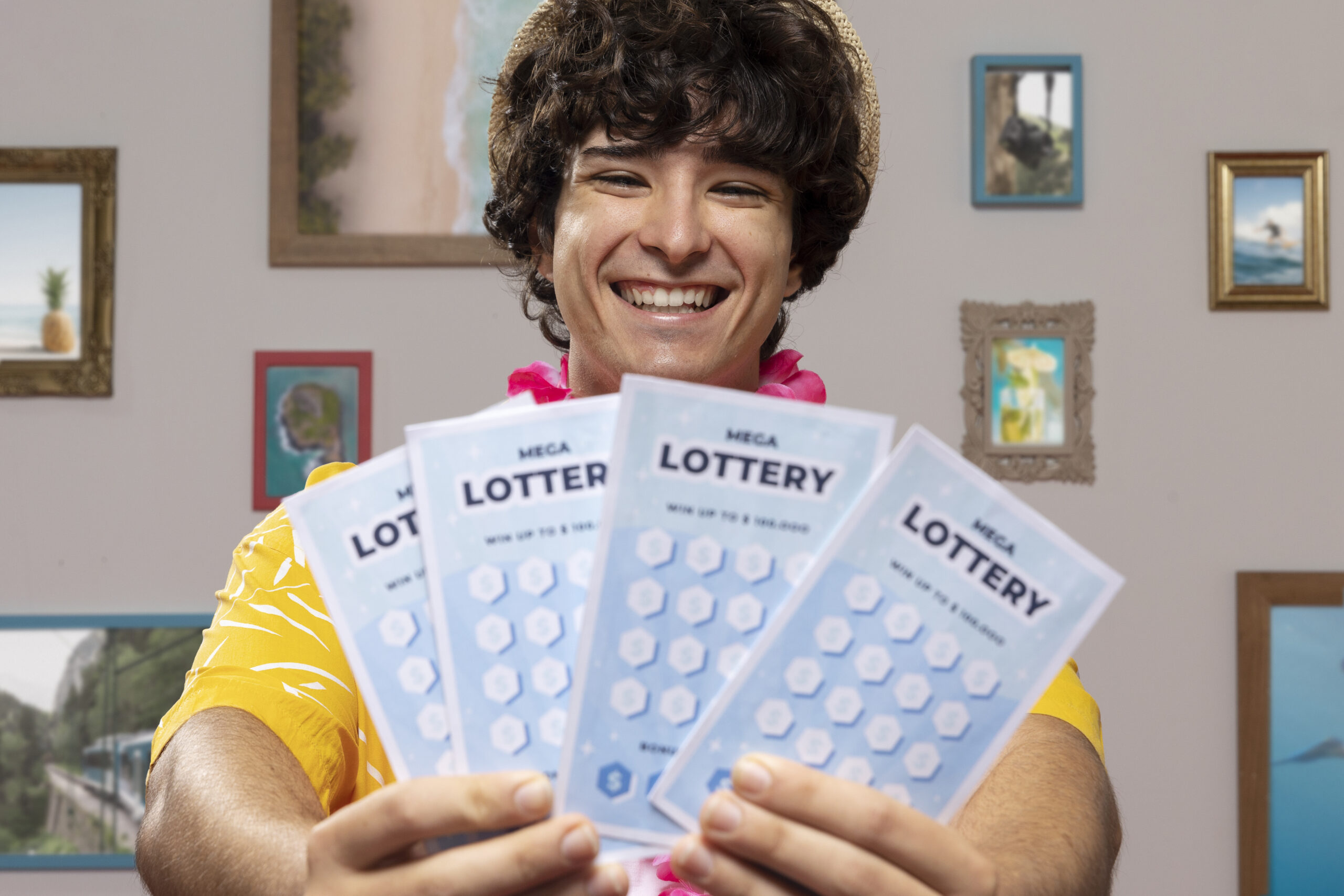Buying lottery tickets makes life worse, not better.
Key Points:
- There is limited benefit to buying a lottery ticket
- The risk reward ratio is skewed towards the lottery corporation, not you
- Most people buy lottery tickets impulsively, at the last minute
- Lottery ticket marketing is deceptive and misleading
There is no greater temptation for people who are running low on income than to think about lottery tickets. Buying lottery tickets on a ‘hope and a prayer’ is one way to get further into debt. After all my years as a financial behavioral specialist, I can say that most people convince themselves that’s there no harm in buying them. I disagree.
Humans are prone to being emotionally-driven and irrational. Hundreds of millions of people demonstrate their unique nature in this regard, by buying lottery tickets. And yet it is statistical madness to buy lottery tickets. Why? Because the highest probability of anyone winning the jackpot is less than the odds of being struck by lightning – which is one in 15,000. The odds of most jackpots in North America are much worse – between one in 250,000 up to one in 292,000,000 for the New York Powerball lottery.
Another reason – you’re being played. Lottery marketing often obscures the real risk reward equation of winning a jackpot. People are prone to not thinking about this when they shell out for tickets every week. A ten-dollar ticket in the hope of winning a $300,000 jackpot when a million tickets are issued is no better than a $100 ticket in the hope of winning the same jackpot when the same number (a million tickets) is issued. Your statistical probability is still one in a million, regardless of the ticket price nor the jackpot value.
Part of this confusion I argue is in the way lottery tickets are promoted in the first place. Many lotteries claim, at least on my side of the world, there is a ‘one in two chances of winning.’ Winning what? A coffee mug. Lottery marketing provides deceptively incomplete information because what’s missing are the real jackpot odds. So, a few brave academics have written about the hopeful upside of the anticipatory period before jackpot numbers are announced.
Their argument is that buying a ticket is an act of optimism, but this is an argument I cannot support. It’s based on the dubious benefits of the brief dopamine charge you get when you buy a ticket and fantasize about winning for days. It evaporates in seconds when you read ‘Better luck next time’ on your screen. Lottery ticket buying is called poor man’s entertainment for a reason: you’ve giving your money away and you’ll never make any by doing that.
People who are debt free are not known for buying lottery tickets. It’s the old and new poor who buy into the deceptive logic of lotteries – mainly seniors and millennials and middle-class people carrying boatloads of debt. Use your money some other way. Save your ticket cash in a jar for a nice lunch, a movie or a train ticket to get out of town. Overall, I’d suggest that you don’t buy lottery tickets, buy a coffee instead. At least you know you’ll have a coffee.
References:
- Nelson, J. E., & Beggan, J. K. (2004). Self-Serving Judgments About Winning the Lottery. The Journal of Psychology, 138(3), 253–264.
- Abrams, A., & Garibaldi, S. (2010). Finding good bets in the lottery, and why you shouldn’t take them. The American Mathematical Monthly, 117(1).
About the Author:
MATT DRUCKER, D. Psych., is the founder of The Consumer Money Lab, an integrated research network in Australia. The Consumer Money Lab studies consumer financial behavior and how and why people spend money.
For more information, go to www.conversationwithmattdrucker.com


